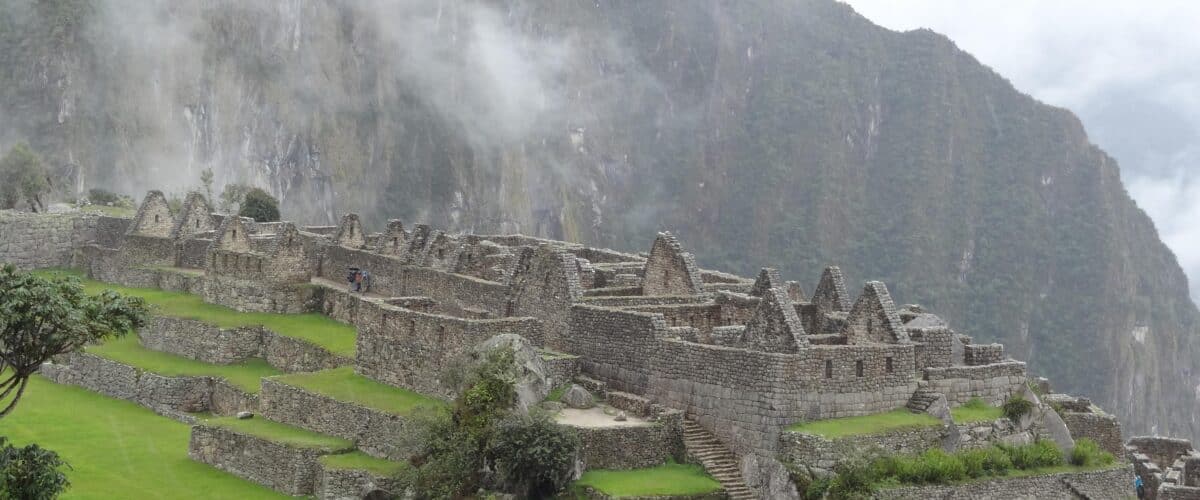
Inca archaeoastronomy reveals how the Incas observed and revered the Sun and other celestial bodies, integrating them into their daily life and religious practices. The connection between the sky, the earth, and their sacred constructions, such as Machu Picchu and the Intihuatana, was essential for their culture and for ensuring the prosperity of their communities.
For the Incas, mountains were not just geographical features; they were sacred centers of energy and life. From these high peaks, they could observe the sky and perform rituals connecting the earth with the cosmos. Machu Picchu, strategically located among mountains, functioned as a natural observatory, where structures aligned with solar and stellar events.
The Intihuatana, known as “the one that ties the Sun,” is a masterful example of the combination of architecture and astronomy. It allowed the Incas to predict seasonal changes, organize agriculture, and plan important ceremonies. During solstices, the sun’s rays touched specific points of the Intihuatana, marking the beginning of agricultural and ritual cycles.
The Sun guided almost every aspect of Inca life. Sunrise symbolized renewal and new opportunities, while sunset represented the struggle between good and evil. Stars, the Moon, and the Milky Way (Wawawara Hawira) were observed to plan agriculture and foresee important events. This practice is a clear example of applied archaeoastronomy.
Astronomical observation allowed the Incas to develop a precise agricultural calendar that regulated:
At Machu Picchu and other sacred centers, these practices ensured that communities synchronized their agricultural life with cosmic cycles.
Archaeoastronomy at Machu Picchu shows how the Incas combined architecture, mountains, and celestial observation to create a knowledge system that integrated daily life, agriculture, and spirituality. Exploring Machu Picchu is not just a physical journey but also a journey through the astronomical wisdom of the Incas.







Save up to 20% on tours! Get exclusive access to member-only offers by email.